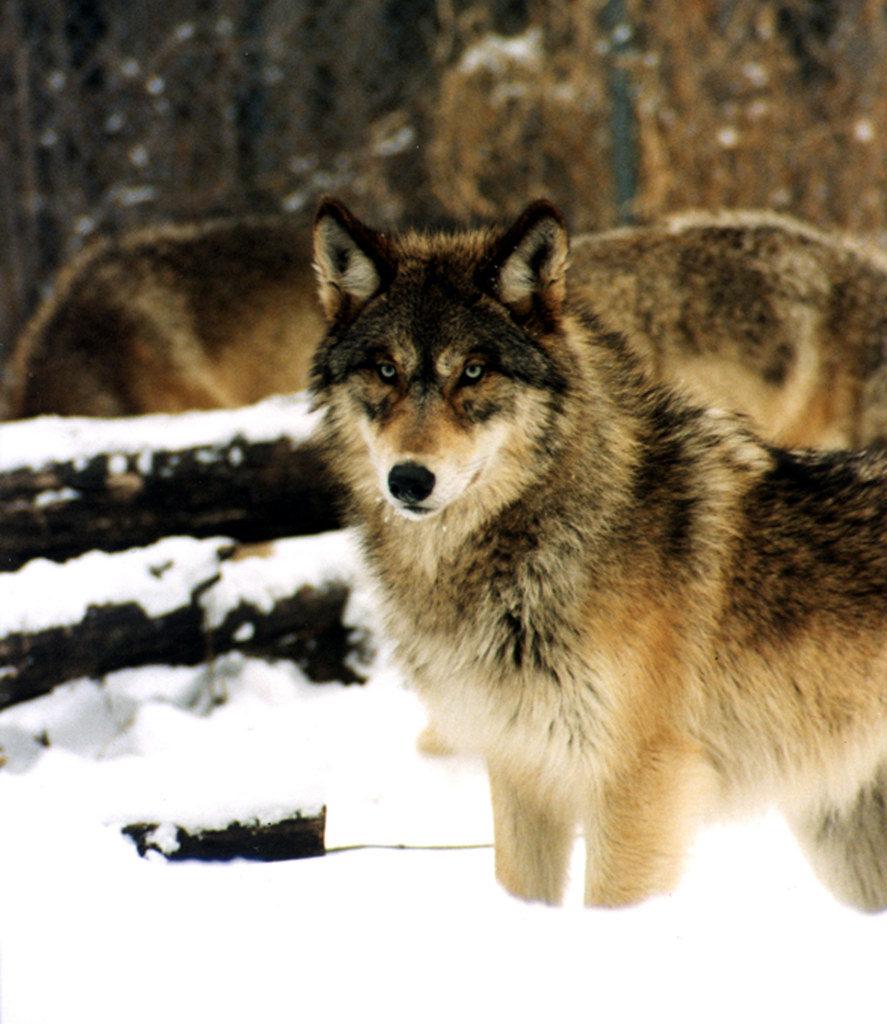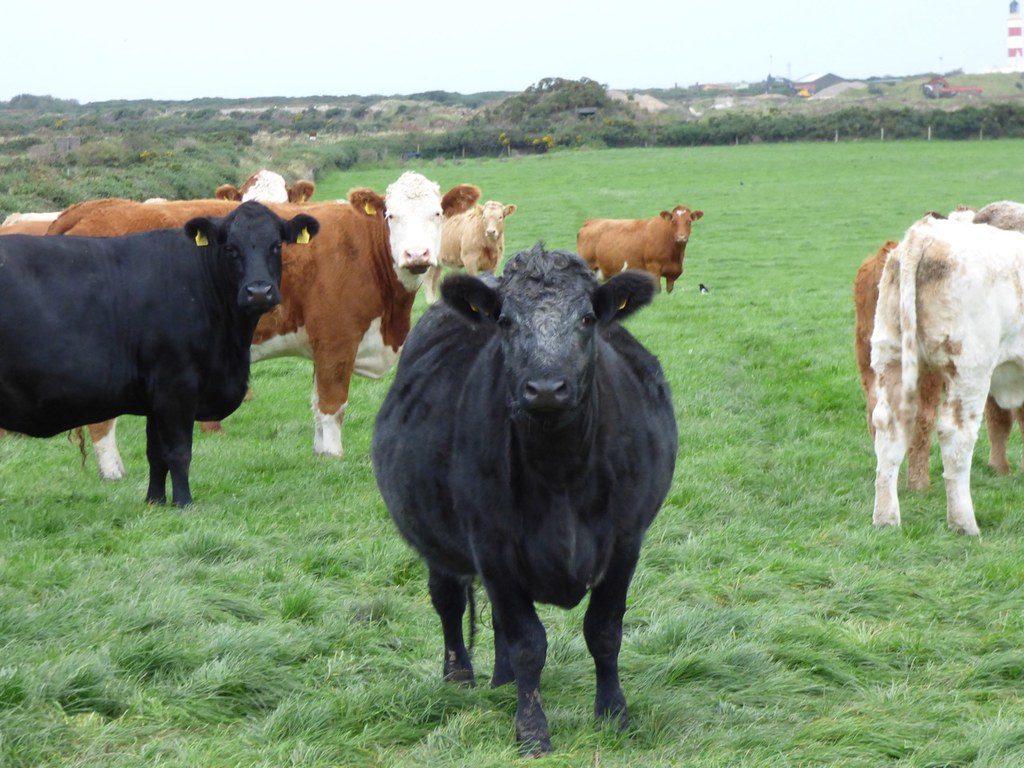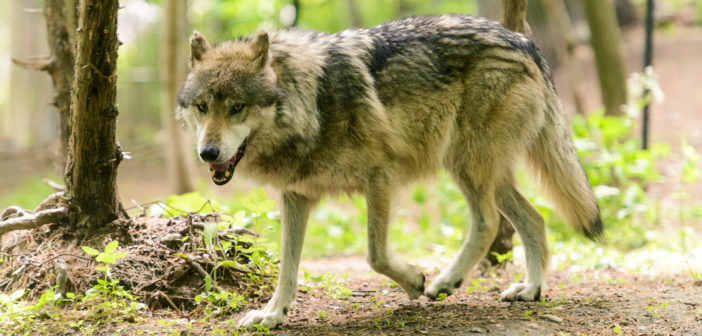The Washington Department of Fish and Wildlife (WDFW) announced last week that it killed three wolves from the Northeast Washington state’s Old Profanity Territory (OPT) pack, under an authorization that allows lethal removal of the full pack. This action follows the lethal removal of a radio-collared adult male on July 13 and a subsequent series of depredations in the Kettle Range of northern Ferry County. The previously nine-member OPT pack is now reduced to five members. Lethal removal operations are ongoing in this region of the Kettle Range, which includes multiple grazing allotments managed by the U.S. Forest Service. The Forest Service has not addressed the depredations or the effect they have on the landscape and the producer.
Quinn Read, Northwest Program Director for Defenders of Wildlife, issued this statement:
“The U.S. Forest Service seems to be operating with a hands-off policy on their own land. Ignoring this escalating problem is irresponsible and wasteful. It’s discouraging to see wolves being punished for doing what wolves do, especially in their own habitat. Instead of allowing Washingtonians’ tax dollars to be spent on controversial actions that don’t successfully deter depredations, the U.S. Forest Service should address the effects of grazing in this prime wolf territory.”
Background

Since September 2018, there have been 27 depredations by the OPT pack. In November 2018, WDFW issued a lethal removal order on the entire OPT pack, to no avail. Under the state’s Wolf Conservation and Management Plan, the new lethal removal order is considered a reauthorization of this November action and not a separate lethal order. The last lethal removal was on July 13, whenWDFW removed a collared male wolf.
This region of the Kettle range – north of Sherman pass and south of the Boulder Highway – has been the site of repeated wolf-livestock conflicts. As part of the Colville National Forest, the land is managed by the U.S. Forest Service but to date there has not been the necessary response by the Forest Service to the “lessons learned” from those prior conflicts. Neither the non-lethal measures as implemented nor previous lethal removal of wolves has stopped this particular cycle of wolf-livestock conflict.
Since new wolf packs continually return to this landscape and reproduce, even after multiple lethal removal operations, this area is considered highly suitable wolf habitat. Given the number of reproductive packs in northeastern Washington, and nearby populations in British Columbia and Idaho, this landscape is likely to be recolonized by new or replacement wolves on a regular basis, and is already a population source for wolves dispersing throughout the state.

Coexistence
Defenders of Wildlife works hard to advocate for human wildlife coexistence measures at the federal, state and local levels, working closely with decision makers to strengthen and develop laws, policies and programs that affect wildlife.
We work with producers to implement nonlethal tools to protect livestock from predator depredations, like placing range riders, livestock guarding dogs and trail cameras in areas of concern to help monitor nearby predators so ranchers can better protect their livestock. We also use tools like noisemakers, spotlights, fladry and temporary electrified corrals to scare wildlife away. By preparing local communities to coexist safely with wildlife and minimizing negative interactions between humans and wildlife in backyards and on the range, we are helping imperiled wildlife rebound and expand to their historical ranges.
Featured image: a grey wolf, the same species as the OPT pack, seen in a zoo. Image credit Eric Kilby, CC BY-SA 3.0.






1 Comment
The numbers tell the story –
there are over 1 million cattle, less than 120 wolves WTF!!